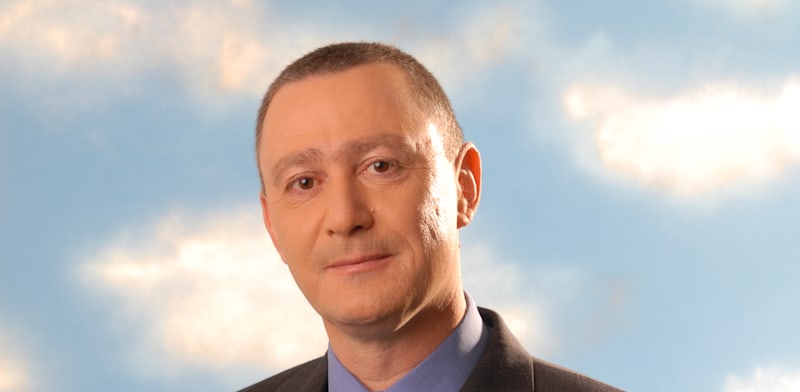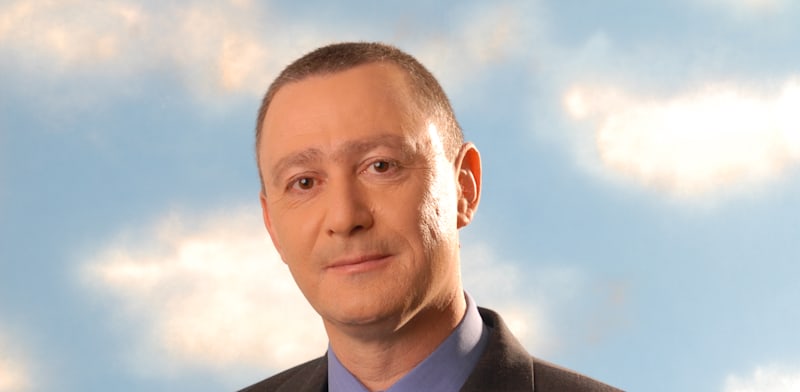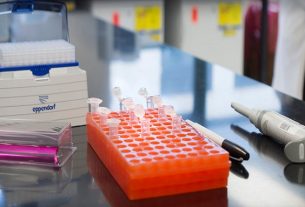ImmPACT Bio, the next generation of cancer cell therapies, announced the completion of a $111 million fundraising round.
The round was led by venBio Partners and co-led by Foresite Capital and Decheng Capital, as well as previous investors Novartis Venture Fund, RM Global Partners (RMGP), and Bukwang Pharmaceutical.
ImmPACT Bio was formed from a merger of Israeli startup ImmPACT, which was raised in the FutuRX biotechnology incubator, which is dedicated to drug development, and California-based company Kalthera.
FutuRX incubator, led by Erez Chimovits who serves also as ImmPACT Bio chairman, is a collaboration comprised of the OrbiMed venture capital fund, Japan’s Takeda, and Johnson & Johnson.
OrbiMed also participated in the fundraising round.
According to the company, ImmPACT’s logic-gate-based CAR T platforms address key biological challenges in treating cancer. Its technologies are specifically designed to address antigen escape, ‘on-target – off-tumor’ toxicities, and the immunosuppressive tumor microenvironment.
Chimeric antigen receptor (CAR) T-cell therapy represents a major advancement in personalized cancer treatment.
“The US company brings two products, one of which is already in human clinical studies and the other of which is in advanced clinical trials. Both products are in the tandem CAR field,” explained Sumant Ramachandra, president, and CEO of ImmPACT Bio.
Ramachandra added: “However, the Israeli product is far more intriguing. It is based on studies conducted at the Migal Institute by Prof. Gidi Gross.
Prof. Gross was one of the researchers that authored the report that laid the groundwork for Kite Pharma, which is widely regarded as a pioneer in the CAR industry and was acquired by Gilead for $11.9 billion.”
The company now has two research labs in California and Israel, and the funds raised will be used to expand its research capabilities and establish a modest manufacturing facility for clinical trial-ready treatments. The company currently employs 23 people and plans to grow to 65 by the end of the year.




